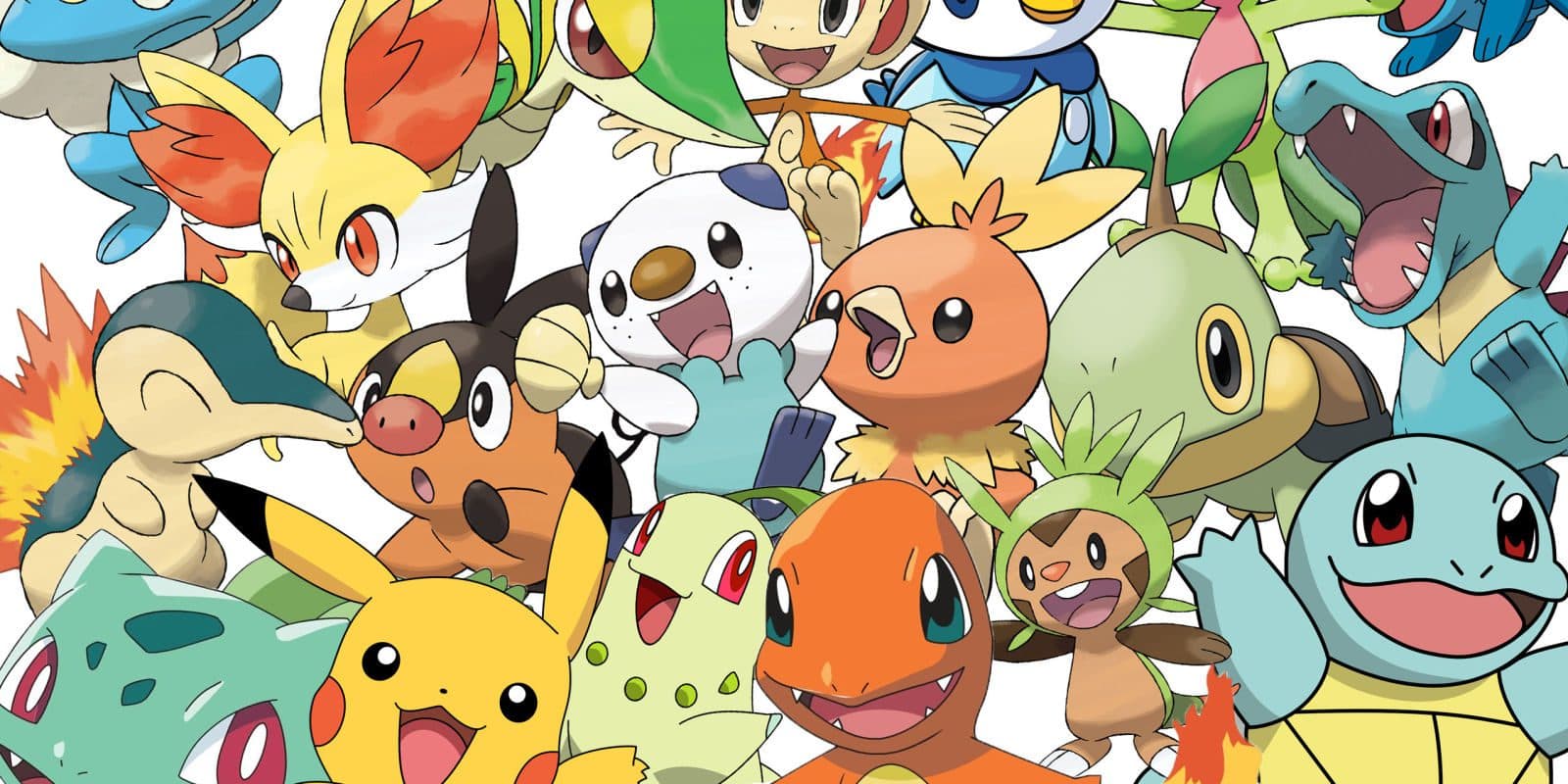What Do ETFs And Pokemons Have In Common? A Lot!
By Arthur Dubois | Published on 03 May 2021

With the recent phenomenon of the widely addictive Pokemon GO game, it is no secret that it has taken the population on an exquisite ride to the magical world of Pokemon. Similar to the unique and special abilities each pokemon has, some financial securities exhibit a wide variety of characteristics that are unique.
Not only do these special investment vehicles show a range of qualities akin to the Pokemon, but every one of them is designed specifically for a different kind of person. Yeah – you probably guessed it right. We are referring to ETFs!
For those of you who are still out of touch as to why we are comparing the Pokemon GO game with ETFs, let me compare them more extensively.
First, Pokemon belong to the different realms of fire, water, earth, air and mind and ETFs have a similar nature. ETFs are designed to help the investor invest their money into a range of the world’s financial instruments including bonds, stocks, real estate, commodities and currency markets.
Second, Pokemon help their owners achieve a better status in their virtual world. ETFs help their holders achieve financial gains, and thus a better status in the real world.
All of this to say that ETFs can help their owners invest their money in an easy, safe and cost-effective way and with a myriad of options. They give the owners the power to capture the returns of nearly any given financial market.
What is an an ETF?
ETFs are not magical creatures that only exist in a virtual world. They are real. They were created to help an individual investor invest their money easily in stocks or different asset categories in a way that is less risky than owning individual securities. Exchange traded funds or better known as ETFs, are traded on a stock exchange just like individual stocks of different companies. They usually invest in a basket of securities in a particular category. Many of them are designed to reproduce the return of an index, such as the S&P/TSX Composite Index, which is widely used to track the returns of the Toronto Stock Exchange.
What are different kind of ETFs and how they differ?
ETFs differ in the way they invest money, the market they target, the risk they expose an investor to, and the costs they incur. Their management fees tend to be much lower than those of mutual funds, although they fluctuate widely. Some ETFs charge as little as 0,05% of assets under management while others charge as much as 1,7%.
There are thousands of Exchange Traded Funds out there which invest money in different financial markets. For example, if an investor is looking to invest in stocks on the Canadian market, he would aim to find ETFs that target the region. Now suppose he wants to invest in stocks of Canadian companies that are value oriented, he could invest in an ETF that targets this approach, such as iShares MSCI Canada ETF or SPDR MSCI Canada Quality Mix ETF.
What criteria should you consider when choosing an ETF?
Just like choosing Pokemon, there are a lot of considerations when choosing the right kind of ETF. These may include:
- The market an investor wants to be exposed to
- The kind of risk an investor can handle
- The annual fees
- The transaction cost associated with its purchase (While most brokers charge the same for buying an ETF than any other stock, some allow their customers to purchase a selection of ETFs at no cost)
These are just some of the things that one should consider before they buy an ETF. Make sure you do your research before investing. After all, investing in ETFs might be easy, but it’s not a game.
Where can you explore data about ETFs for free?
There are a lot of websites out there that can help you choose the ETF you want. Some of them are free and some come with a price. A good website that offers free ETF data for you to explore is Morningstar, which has a useful tool called ETF finder, that allows you to search for both Canadian and American ETFs. You should also check out Canadian Couch Potato and ETF insight, two Canadian websites focused on ETFs that provide model portfolios based on ETFs.
If you are interested in investing your money using ETFs, there is no reason for you to wait. It’s easy, profitable and, while you might not become Pokemon master doing so, you might get a little bit richer. And that tends to be more socially attractive than someone dedicating all his free time to catching em’ all!
